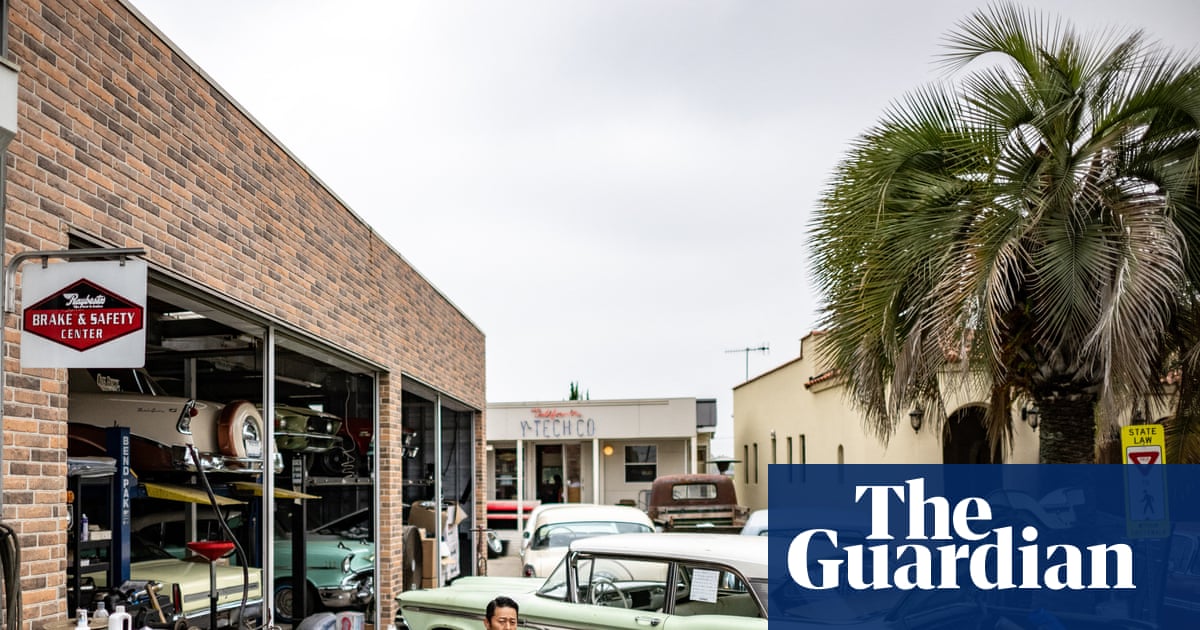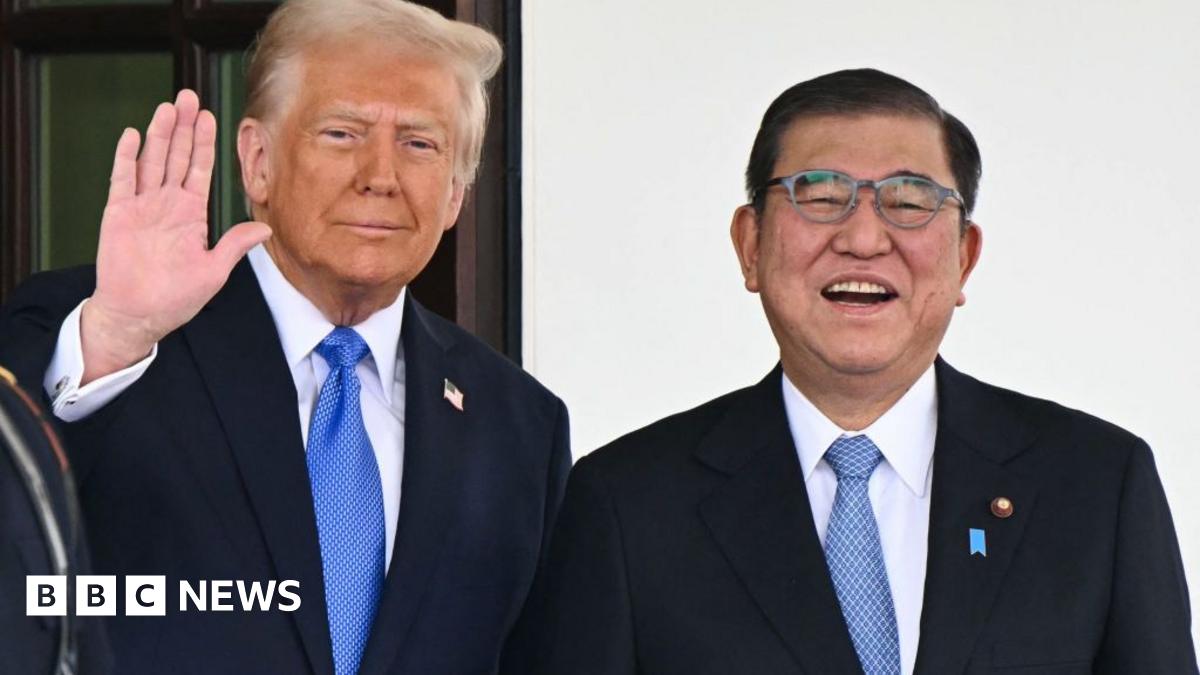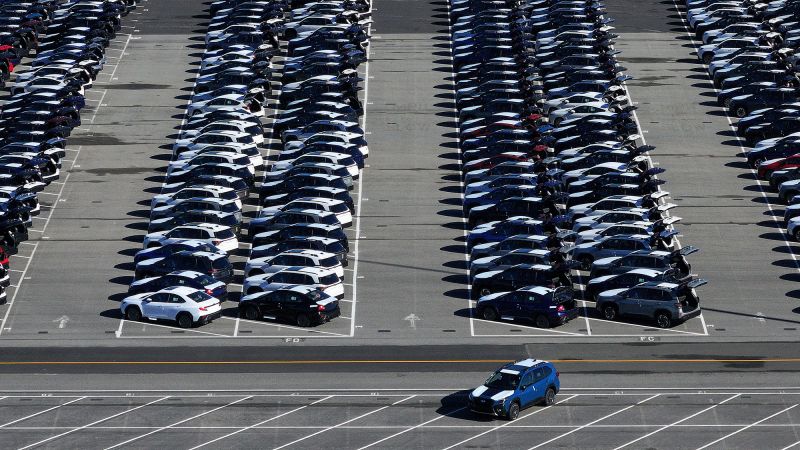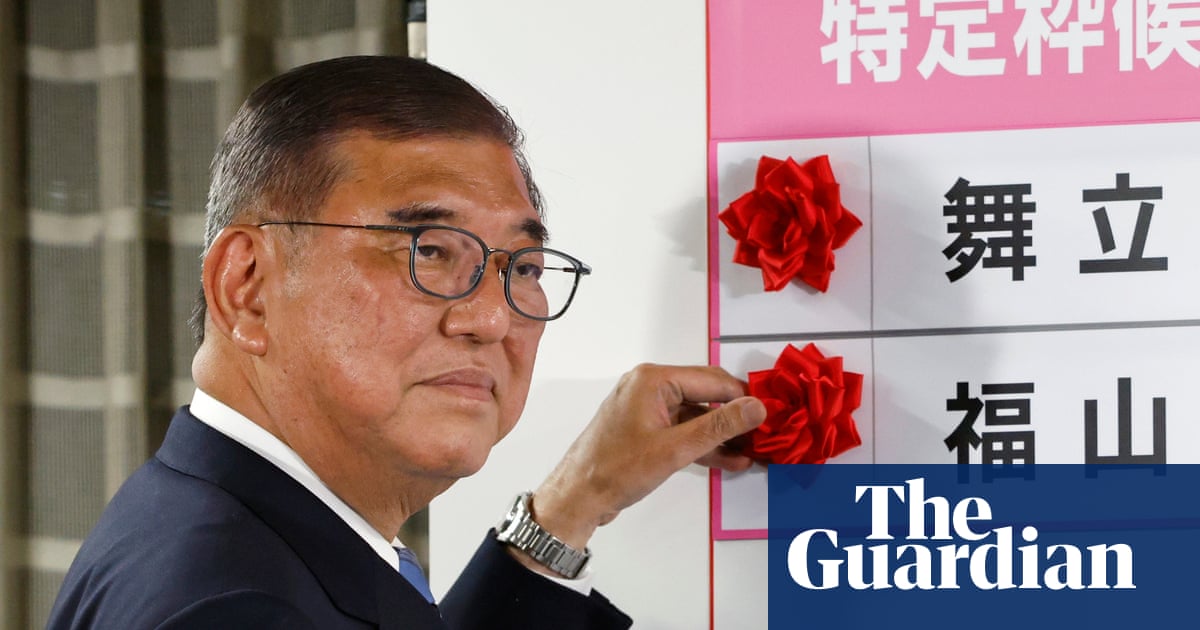T4K3.news
US automakers challenge Trump's tariff deal with Japan
U.S. automakers worry the new tariff agreement puts them at a competitive disadvantage.
U.S. automakers express concern over the implications of Trump's new tariff agreement with Japan.
US automakers challenge Trump's tariff deal with Japan
U.S. automakers are expressing significant concern regarding President Donald Trump’s latest agreement to impose a 15% tariff on Japanese vehicles. They argue that this move places them at a competitive disadvantage. Unlike Japanese automakers, they face steeper tariffs on imported steel, aluminum, and parts. Matt Blunt, president of the American Automotive Policy Council, emphasized the disparity, stating that American manufacturers are contending with a 50% tariff on steel and aluminum as well as a 25% tariff on parts. Although Trump frames this agreement as a victory that could enhance job opportunities and reduce trade imbalances, domestic automakers are skeptical about its potential benefits. They doubt that removing regulations in Japan will yield substantial market access given the country's limited foreign auto market share.
Key Takeaways
"We need to review all the details of the agreement, but this is a deal that will charge lower tariffs on Japanese autos with no U.S. content."
Matt Blunt highlights the unfair advantage for Japanese automakers under the new tariff agreement.
"With this agreement in place it provides Japan with a near-term operating cost advantage compared to other foreign automakers."
Karl Brauer points to the consequences of the tariff structure on competition in the automotive market.
"Honda, Toyota, and Nissan still import vehicles from Mexico and Canada, where the current tariffs can be higher than those applied to Japanese imports."
Sam Fiorani explains the complexity of the tariff situation and its implications for various automakers.
This situation underscores the complex nature of global trade. While the agreement aims to foster job creation and improve market access, it simultaneously reveals vulnerabilities for U.S. manufacturers. Automakers face an uphill battle in competing against foreign companies that may now enjoy lower tariffs. The skepticism from industry leaders suggests that even with a tariff reduction, U.S. companies may continue to struggle in penetrating the Japanese market. Moreover, there are fears that this agreement could prompt a flurry of similar arrangements among other nations, further complicating the landscape for U.S. manufacturers.
Highlights
- Tariffs have created higher costs and increased challenges for our industry.
- Job creation claims don't align with the reality we face.
- Japanese market remains a tough nut to crack for U.S. manufacturers.
- American automakers need equal footing to compete effectively.
Automakers face competitive risks due to tariff agreement
The new tariff agreement imposes unequal costs on American automakers, raising concerns over industry competitiveness and investor confidence.
The evolving trade dynamics will require careful monitoring in the months to come.
Enjoyed this? Let your friends know!
Related News

Japan opens market to US cars under new trade agreement

Trump reduces tariffs on Japanese auto imports
Trump's new tariffs will impact US consumers

Japan commits $550 billion to U.S. industries

Trump announces significant trade deal with Japan

Mortgage approvals increase as housing market stabilizes

Trump announces significant US-Japan trade agreement

EU US tariff deal reached
